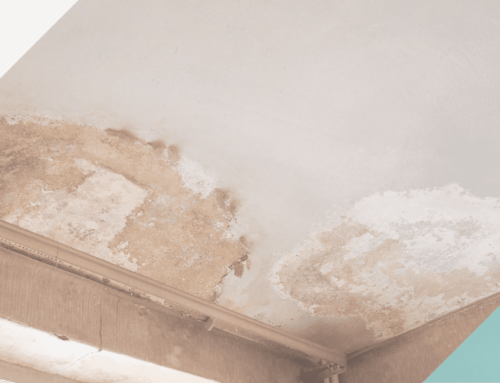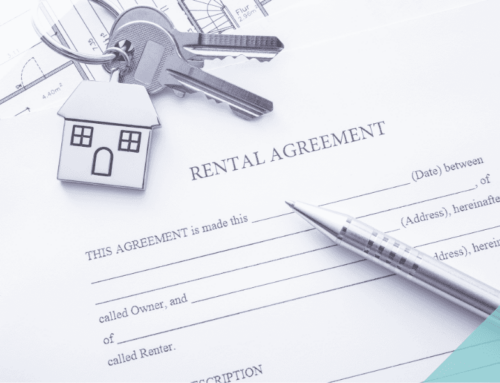The Covid-19 pandemic has meant both landlords and tenants have limited options for dealing with rent arrears. Firstly there was the moratorium scheme which restricted landlords from being able to forfeit leases and start possession proceedings and then the coronavirus arbitration scheme. The arbitration scheme closed in late September and the previous ways to claim rent arrears are now back. Consequently, it’s a good idea for landlords and tenants to be aware of their options so they can take the best course of action moving forward.
Rent arrears proceedings
Landlords can present a money claim for a judgement which means that the tenant will have to pay the rent arrears on top of legal fees and interest. Judgement can be imposed in many ways such as seizing goods or charging the property owned by the tenant.
Obtaining a judgement may be simple for a landlord where the tenant doesn’t have a counterclaim or a reason to hold back rent according to a lease.
Commercial Rent Arrears Recovery (CRAR)
This is where the court will order bailiffs to take possession of things in the property that add up to the value of the missing rent arrears. CRAR is a good option if landlords want to claim back their rent arrears as quickly as possible while still having the lease.
Forfeiture
In most commercial leases there is a forfeiture clause which means that landlords can stop a lease due to rent not being paid which can be enforced by Court Application or changing the locks on the property without notice.
It is important to note that tenants can apply to the Court for relief, and if the application is successful, the Court will order the landlord to reinstate the lease. But it is only available to tenants if it pays both the rent arrears and the landlord’s costs. Therefore forfeiture is only a good option if the tenants want to remain living in the property. Forfeiture is also not a great option for landlords if the demand for the property is low as they risk the tenants leaving the property and also being left with an empty property with the rent arrears still not being paid. Overall while forfeiture seems like an easy fix there are many things that can go wrong if this route is taken by a landlord so it’s best to get legal advice.
If a tenant has rent arrears and cannot pay their debts when they are due to be paid, then a landlord should consider insolvency. This can be a good option for landlords who want to recover arrears from tenants who are wanting to stay debt-free.
Whatever your situation, it is always best to have the support of a legal professional who can guide you in the right direction, to receive a quote email William.oakes@attwells.com





